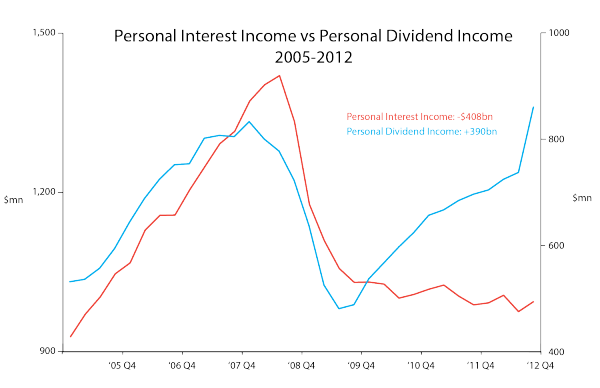Forbes had an interesting cover story recently called “Airbnb and the Unstoppable Rise of the Share Economy“. “Share economy” refers to the idea of renting out extra rooms, cars, tools, and pretty much everything else, and we have to admit it’s a much catchier phrase than the “renting your stuff out economy”.
We were aware of the existence of airbnb.com, which lets people turn their dwellings into hotels and rent out extra rooms, but we were not aware of all the other sites mentioned in the article, nor had it occurred to us that it’s possible to make thousands of dollars per month doing this. For example:
On paper, Frederic Larson is just one data point in five years of U.S. government statistics showing underemployment in dozens of industries and stagnant income growth across the board. The 63-year-old photographer with two children in college was downsized by the San Francisco Chronicle in 2009. He now spends his time teaching at Academy of Art University with occasional lecturing gigs in Hawaii. A far cry from the salary, benefits and company car he used to have.
But Larson is also a data point in an economic revolution that is quietly turning millions of people into part-time entrepreneurs, and disrupting old notions about consumption and ownership. Twelve days per month Larson rents his Marin County home on website Airbnb for $100 a night, of which he nets $97. Four nights a week he transforms his Prius into a de facto taxi via the ride-sharing service Lyft, pocketing another $100 a night in the process.
It isn’t glamorous–on nights that he rents out his house, he removes himself to one room that he’s cordoned off, and he showers at the gym–but in leveraging his hard assets into seamless income streams, he’s generating $3,000 a month. “I’ve got a product, which is what I share: my Prius and my house,” says Larson. “Those are my two sources of income.” He’s now looking at websites that can let him rent out some of his camera equipment.
So it’s not necessarily easy money, but it’s money, and if you’re out of work that’s a good thing. Here’s another success story:
Dylan Rogers, a 27-year-old sales executive in Chicago, began renting out his BMW 6 series on RelayRides because he wasn’t using it as much as he intended. Now that he’s making $1,000 per month from it–well above what it costs to finance and maintain–he recently bought a Jeep and plans to add a Charger specifically to rent out, with the goal of netting $40,000 a year for his three-car fleet. “I want vehicles that are useful for the marketplace,” he says. Is he an entrepreneurial individual, or a small car rental company? Either way, there’s nothing to stop him from using the tools of the share economy to create the next Hertz.
And another:
Sabrina Hernandez, 23, used to work at Starbucks, but she isn’t going back after averaging $1,200 a month this fall hosting strangers’ dogs in her apartment through website DogVacay. “It’s so much more rewarding than working in a customer-service setting.”
And it’s not just rooms and cars you can rent out:
While Airbnb is the best-known example of this phenomenon (to most casual observers, it’s the only example), over the past four years at least 100 companies have sprouted up to offer owners a tiny income stream out of dozens of types of physical assets, without needing to buy anything themselves. “The sharing economy is a real trend. I don’t think this is some small blip,” says Joe Kraus, a general partner at Google Ventures who has backed two car-sharing sites, RelayRides and Sidecar. “People really are looking at this for economic, environmental and lifestyle reasons. By making this access as convenient as ownership, companies are seeing a major shift.”
The sharing concept has created markets out of things that wouldn’t have been considered monetizable assets before. A few dozen square feet in a driveway can now produce income via Parking Panda. A pooch-friendly room in your house is suddenly a pet penthouse via DogVacay. On Rentoid, an outdoorsy type with a newborn who suddenly notices her camping tent never gets used can rent it out at $10 a day to a city slicker who’d otherwise have to buy one. On SnapGoods, a drill lying fallow in a garage can become a $10-a-day income source from a homeowner who just needs to put up some quick drywall. On Liquid, an unused bicycle becomes a way for a traveler to cheaply get around while visiting town for $20 a day.
How big is this phenomenon? “FORBES estimates the revenue flowing through the share economy directly into people’s wallets will surpass $3.5 billion this year, with growth exceeding 25%.”
It’s a pretty interesting article, the whole thing’s here if you want to take a look.

Recent Comments